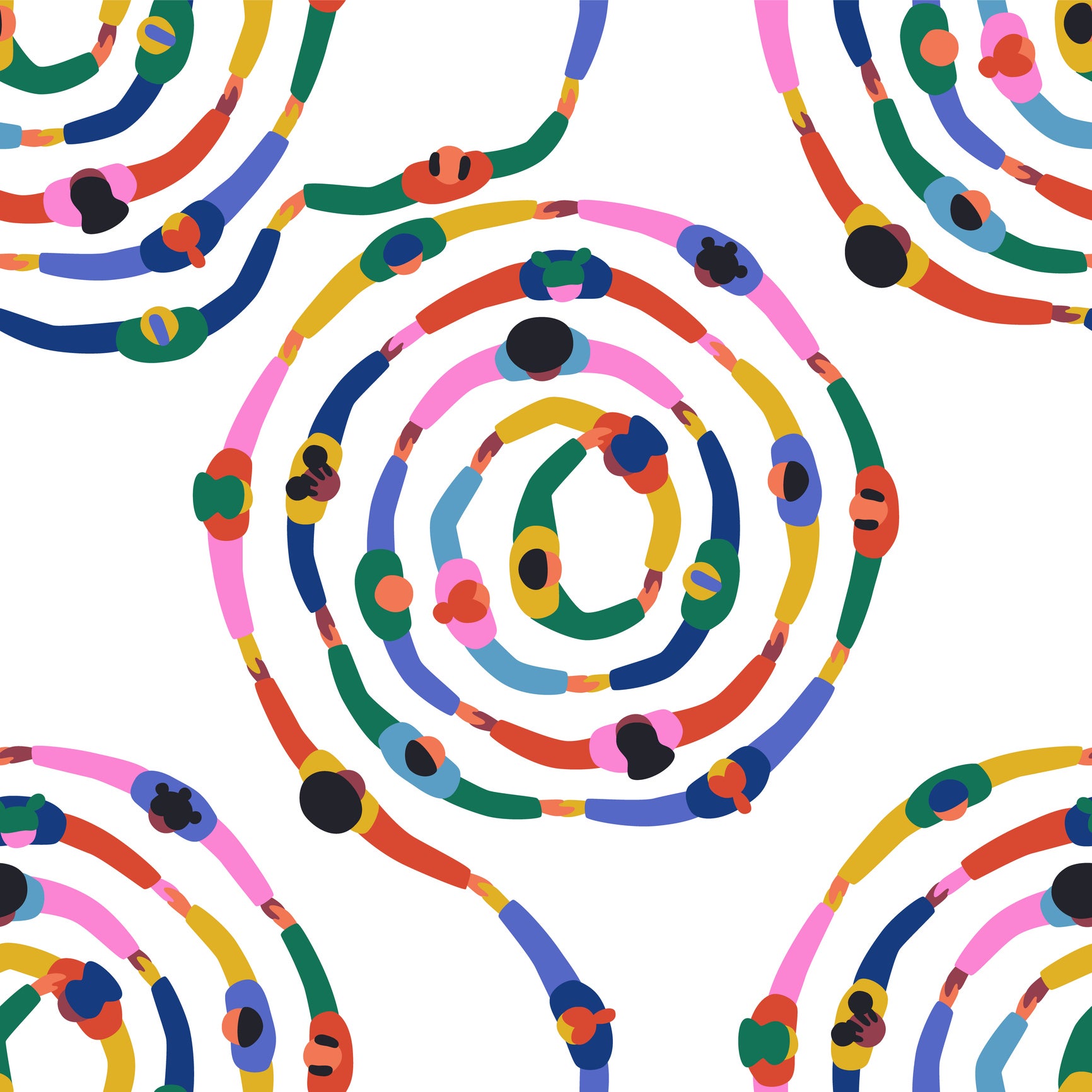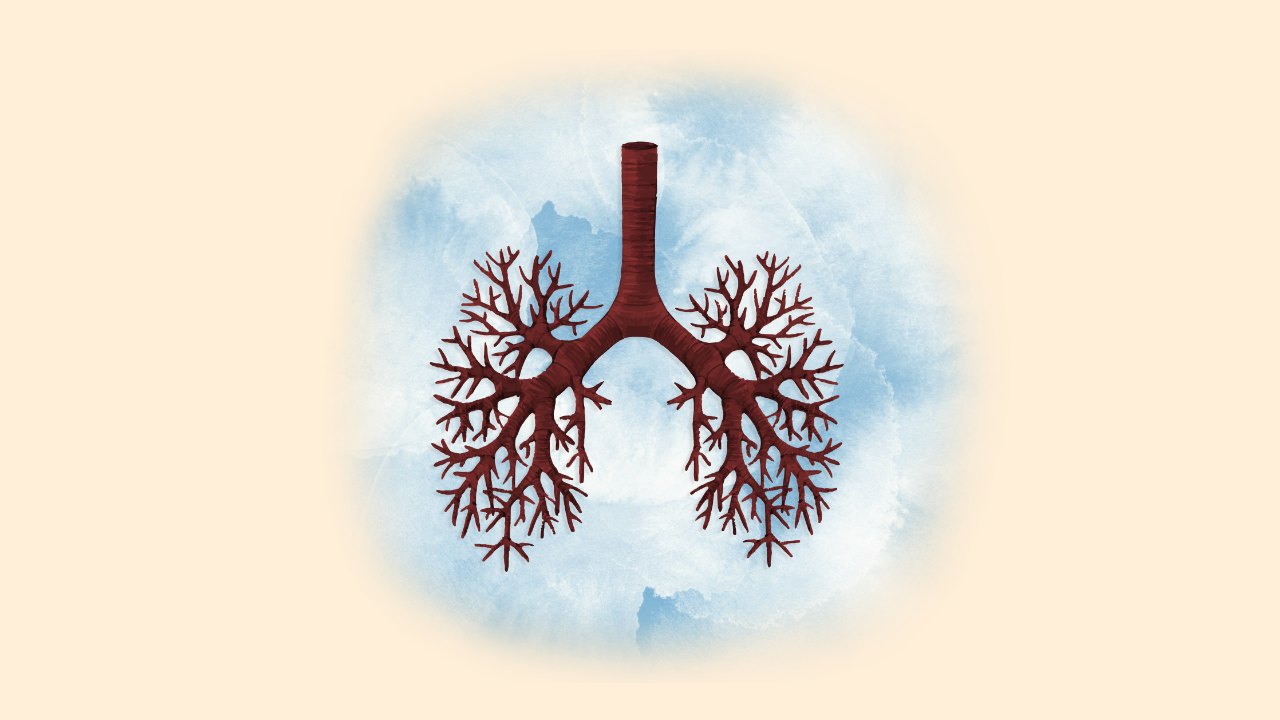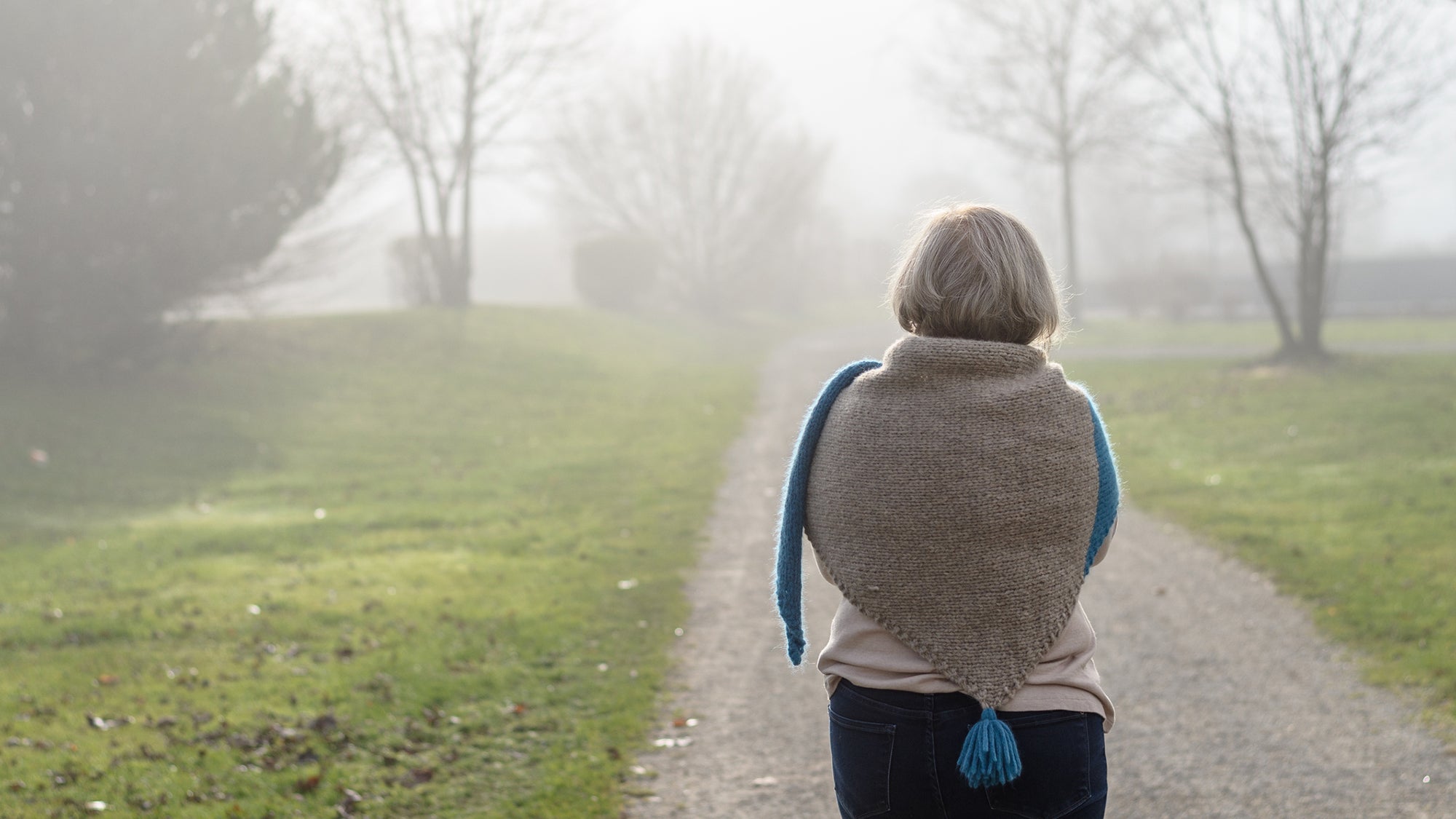Regularly volunteering and engaging in other acts of kindness can boost not just mental health but also physical health and longevity, according to researchers at Harvard T.H. Chan School of Public Health.
One study co-authored by Laura Kubzansky, professor of social and behavioral sciences, found a link between volunteerism and charitable donations and lower levels of physical pain. Another study led by Tyler VanderWeele, John L. Loeb and Frances Lehman Loeb Professor of Epidemiology, found an association between regular volunteering, lower risk of mortality, and better physical functioning into old age.
In a Dec. 25 NPR article, Kubzansky discussed the growing body of research suggesting that people have better health outcomes when they make a habit of helping others. She posited social connectedness and stress reduction as reasons why.
“We know that better mental health is associated with better physical health,” Kubzansky said, noting that volunteering can be a way to combat the known health threat of loneliness. She added that selfless acts can also buffer against stress.
“Volunteering or doing an act of kindness can distract you from some of the problems that you might be having, so you might be a little bit less reactive yourself,” Kubzansky said. Plus, “it may help to give you more perspective on what your own problems are.”
Immaculata De Vivo, professor in the Department of Epidemiology, also discussed the relationship between stress reduction and health in a Dec. 5 Harvard Gazette quiz about the biological benefits of kindness. “Stress has been considered one of [our] greatest enemies,” she said, because it can shorten telomeres, DNA structures that protect chromosomes and keep cells’ genetic material intact. “Science considers the length of telomeres a real biological clock that determines the life span of a cell, and by extension, the organism to which it belongs. We can’t lengthen our telomeres once they are shortened, but we can slow down their attrition as much as possible.”
“Any good habit that helps us to relax and defuse the stress pathway” can keep telomeres long, De Vivo said. Such habits include exercise, a healthy diet, and sleep—as well as activities based in kindness, empathy, compassion, and other attitudes that reduce stress.
Read the NPR article: When kindness becomes a habit, it improves our health
Take the Harvard Gazette quiz: Why be kind? You might live longer.
Learn more
The importance of connections: Ways to live a longer, healthier life (Harvard Chan School news)











